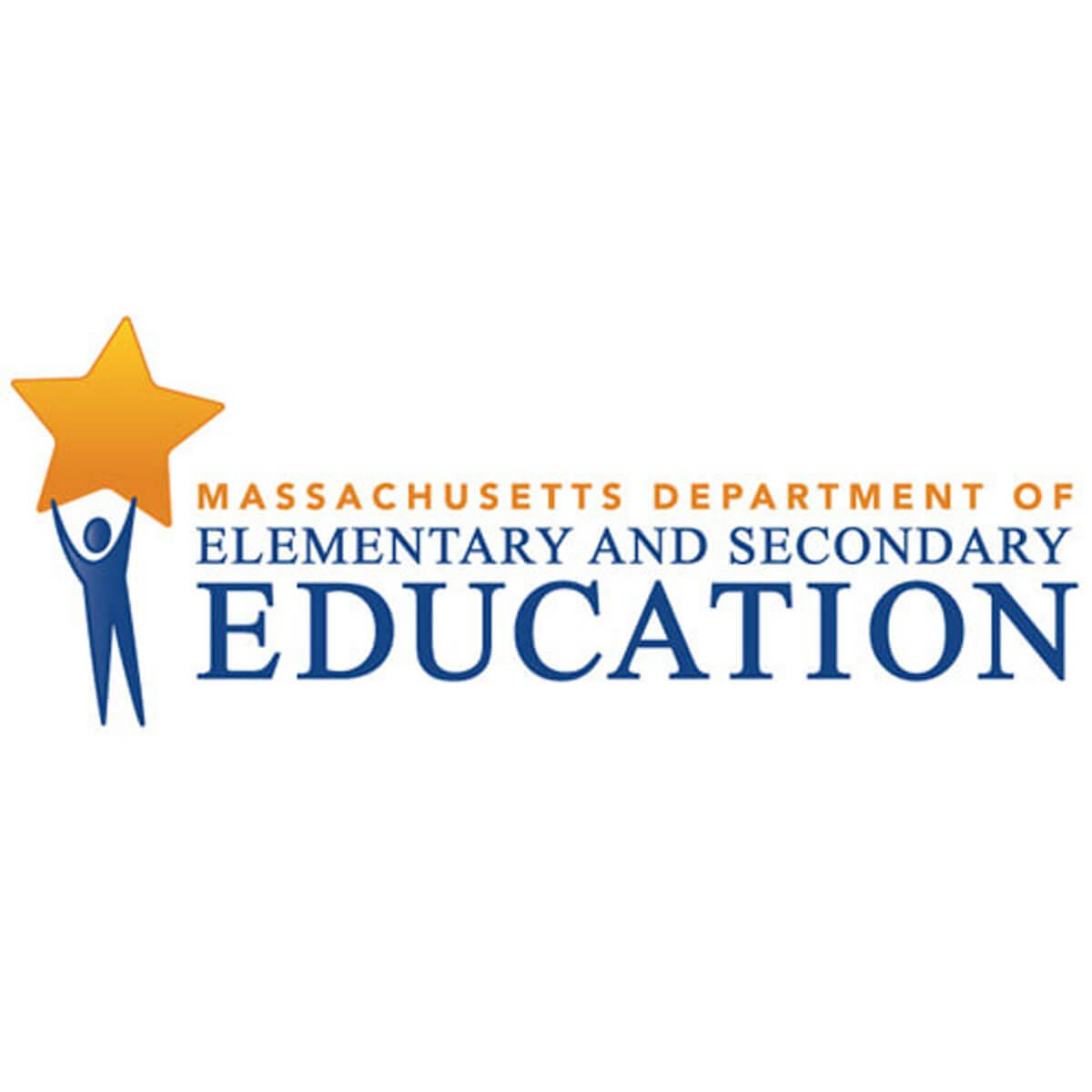Overview:
Translation and Interpretation Requirements for English Learners in Massachusetts Public Schools
The federal Individuals with Disabilities Education Act (IDEA) requires that public school systems translate any “prior written notices” and “procedural safeguards” regarding school-aged children into the parent or guardian’s native language. IDEA also requires that any evaluations administered to a student – academic or behavioral assessments, for example – be provided in the student’s native language or mode of communication; interpretation services for parents or guardians at Team meetings are also mandatory.
Problem:
Proactively and Satisfactorily Addressing Outreach and Special Education Communications, in Students’ Native Languages
To meet IDEA requirements, the Massachusetts Department of Elementary and Secondary Education (DESE) provides translated forms and notices and translation glossaries in 16 languages. Beyond that, individual states bear the responsibility for determining the situations requiring interpretation and documents requiring translation.
Our work with two Massachusetts schools, Andover Public Schools (APS) and a regional vocational high school (the “VOC”), illustrates how these requirements often give rise to two major areas of need for translation: outreach and individual special education (SPED) communications.
Outreach. APS first came to Rapport International for translation of notices regarding summer school for their Portuguese and Japanese speakers. Just over 15% of the town’s 36,000 population identify as Asian and likewise, the school district recognized an increase in its Portuguese student population.
SPED Communications. The VOC enlisted Rapport International for quick turnaround of IEPs for its sizeable Portuguese language student population, with culturally appropriate language precisely attuned to the EL/SPED distinction.
In Massachusetts every student receiving special education and related services must have an Individualized Education Program (IEP). According to DESE, “[d]ata shows that many English Learners (ELs) are inappropriately identified as students with disabilities, while other ELs' disabilities are overlooked, leading to a lack of necessary services.” DESE provides official governing information as well as informal resources to address these disharmonies; however, the information is not translated so is inaccessible to students, parents, and guardians.
Solution:
Find a tried and trusted process for translation projects
Outreach. It is generally easy for schools to identify the languages that will have the greatest initial impact and establishing a repeatable process as a guide going forward helps with successful expansion into additional languages.
We translated APS’s summer school outreach notices, at the same time outlining a process for additional projects and establishing open lines of communication between the district and our translators to facilitate changes and corrections.
SPED Communications. The DESE site makes educators aware of the cultural differences inherent to most translation and interpretation; however, knowing that assessments must be culturally appropriate does not tell an educator how to address those differences.
For the VOC’s SPED needs, our professional translators focused on translating each IEP in a culturally appropriate, easy-to-understand report. With native fluency in each target language, our translators can decipher turns of phrase with precision and adapt informal and colloquial language for clarity. And, in addition to meeting immediate student needs, a high-quality language services provider can suggest the most effective communication style and process for any language, repeatable for future projects.
Results:
A Framework for Offering Expanded Translation and Interpretation Services
Familiarizing personnel schoolwide with standard processes for welcoming and including English Learners addresses a wide range of multilingual challenges, whether federally mandated or not. It’s also a unique opportunity to avoid language-related issues while making newcomers feel especially welcome, a detail so important to every child’s development.
Since our initial project, APS has come to us for additional projects to address IEPs, report cards, and other non-essential communication documents in Spanish, Hindi, Urdu, Dutch, and French, and we’ve helped the VOC expand its Portuguese language content.
To further enhance the student and family experience, APS now also follows up on written communications individually, using our on-demand telephone interpreting services. Telephone interpreting services are available 24/7/365 in over 200 languages, and our interpreters possess education industry expertise. In theory it’s an affordable service based on minutes used and no monthly or annual fees; in practice it’s a personal phone call between educator and student in the latter’s native language, an invaluable way to earn and solidify trust.





.png?width=2000&height=1400&name=Untitled%20design%20(9).png)